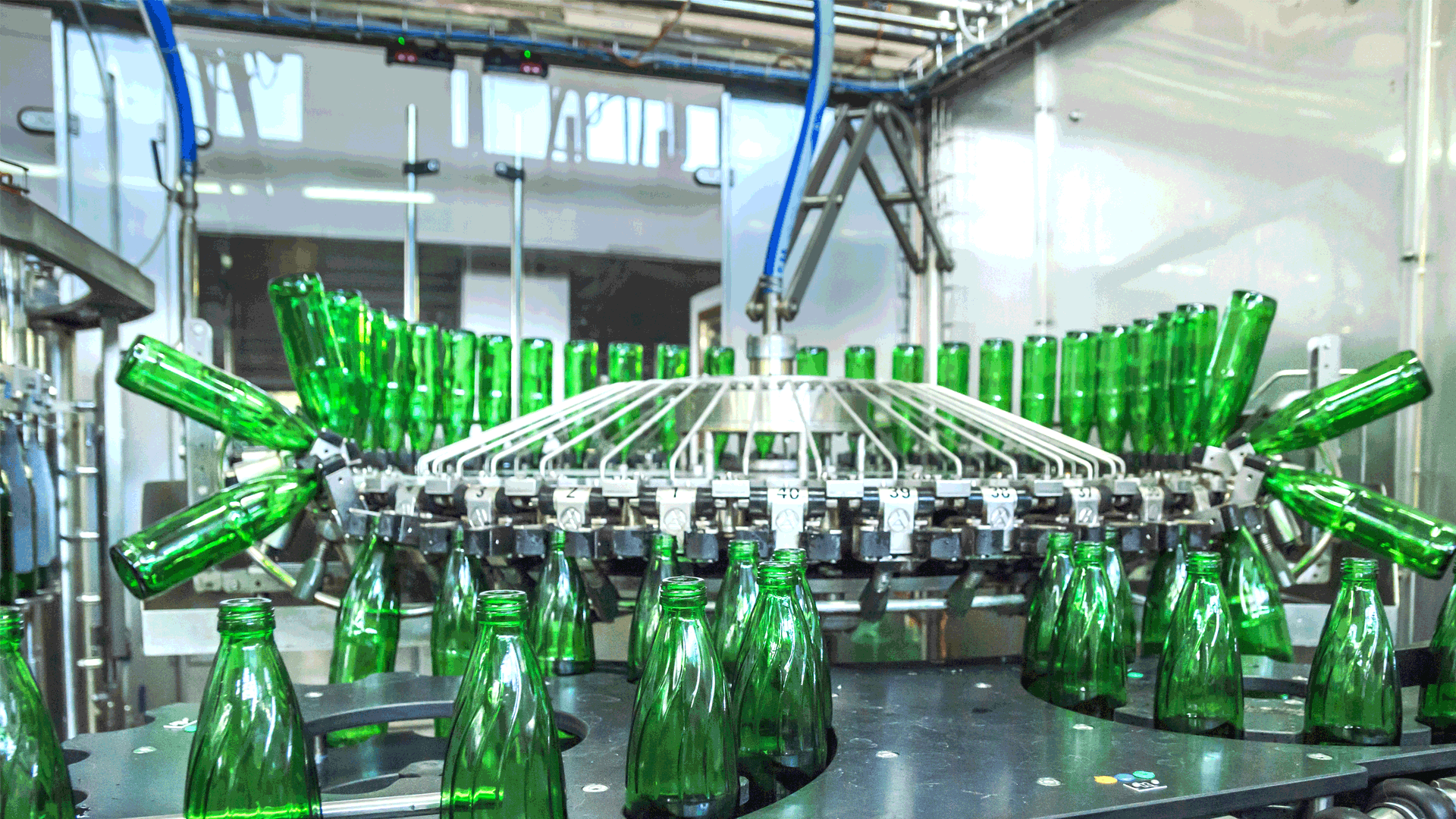In manufacturing and processing, the term “food-grade” carries significant importance. Whether you’re dealing with food processing, pharmaceutical development, or sanitary processing, ensuring that materials and processes meet food-grade standards is crucial for safety, quality, and regulatory compliance. But what does “food-grade” actually mean?
What is Food-Grade?
“Food-grade” refers to materials and equipment that are safe for contact with food products. This designation means that the materials are non-toxic, free from harmful chemicals, and do not leach substances that could contaminate the food. In essence, food-grade materials help ensure that the final product is safe for consumption.
Food Processing
Food-Grade in Food Processing:
In food processing, food-grade materials are essential for preventing contamination and ensuring the safety of the food products. Here are some key aspects:
- Material Safety: Food-grade materials such as stainless steel, specific plastics, and food-safe rubber are used to prevent chemical contamination.
- Cleanability: Equipment must be easy to clean to prevent bacterial growth and ensure hygiene. This includes using non-porous surfaces that do not harbor bacteria.
- Regulatory Compliance: Manufacturers must adhere to regulations set by authorities such as the FDA (Food and Drug Administration) in the US or EFSA (European Food Safety Authority) in Europe. These regulations specify what materials can be used and under what conditions.
Examples:
- Stainless Steel: Used for countertops, storage tanks, and processing machinery due to its corrosion resistance and ease of cleaning.
- Food-Grade Plastics: Used for containers and packaging materials that come into direct contact with food.
Pharmaceutical Development
Food-Grade in Pharmaceutical Development:
The pharmaceutical industry also relies on food-grade materials, but the stakes are even higher given the need for absolute purity and the prevention of contamination.
- Material Purity: Food-grade materials must be non-reactive and free from additives that could interfere with the drug formulations.
- Sterility: Equipment must be sterilizable to meet the stringent cleanliness standards required in pharmaceutical manufacturing.
- Documentation and Traceability: Every material and component must be fully documented and traceable to ensure compliance with regulatory standards such as GMP (Good Manufacturing Practices).
Examples:
- Food-Grade Silicone: Used for gaskets and seals in pharmaceutical equipment due to its resistance to high temperatures and chemicals.
- Food-Grade Stainless Steel: Common in bioreactors, mixing tanks, and processing lines for its non-reactive nature and cleanability.
Sanitary Processing
Food-Grade in Sanitary Processing:
Sanitary processing spans both food and pharmaceuticals, emphasizing the need for cleanliness and hygiene to prevent contamination and ensure product safety.
- Sanitary Design: Equipment is designed with smooth surfaces and minimal crevices to prevent microbial growth.
- Ease of Cleaning: CIP (Clean-In-Place) systems are often used to clean equipment without disassembly, ensuring thorough cleaning and sanitation.
- Regulatory Standards: Adherence to standards such as 3-A Sanitary Standards, which specify the sanitary design and construction of equipment used in dairy and other food industries.
Examples:
- Food-Grade Hoses and Food-Grade Tubing: Used for transferring liquids without risk of contamination.
- Sanitary Valves: Ensure that no contaminants enter the process flow and that the system can be easily cleaned.
Why Food-Grade Matters
Using food-grade materials and equipment ensures that:
- Safety: Products are safe for consumption or use, free from harmful contaminants.
- Quality: High standards of purity and cleanliness are maintained, preserving the integrity of the product.
- Compliance: Companies meet regulatory requirements, avoiding legal issues and ensuring market access.
The Takeaway
Understanding what “food-grade” means and ensuring that materials and processes meet these standards is critical across various industries. Whether in food processing, pharmaceutical development, or sanitary processing, the use of food-grade materials safeguards against contamination, ensures product safety, and complies with stringent regulatory requirements. For businesses in these sectors, investing in food-grade materials and equipment is not just a regulatory necessity but a commitment to quality and consumer safety.

